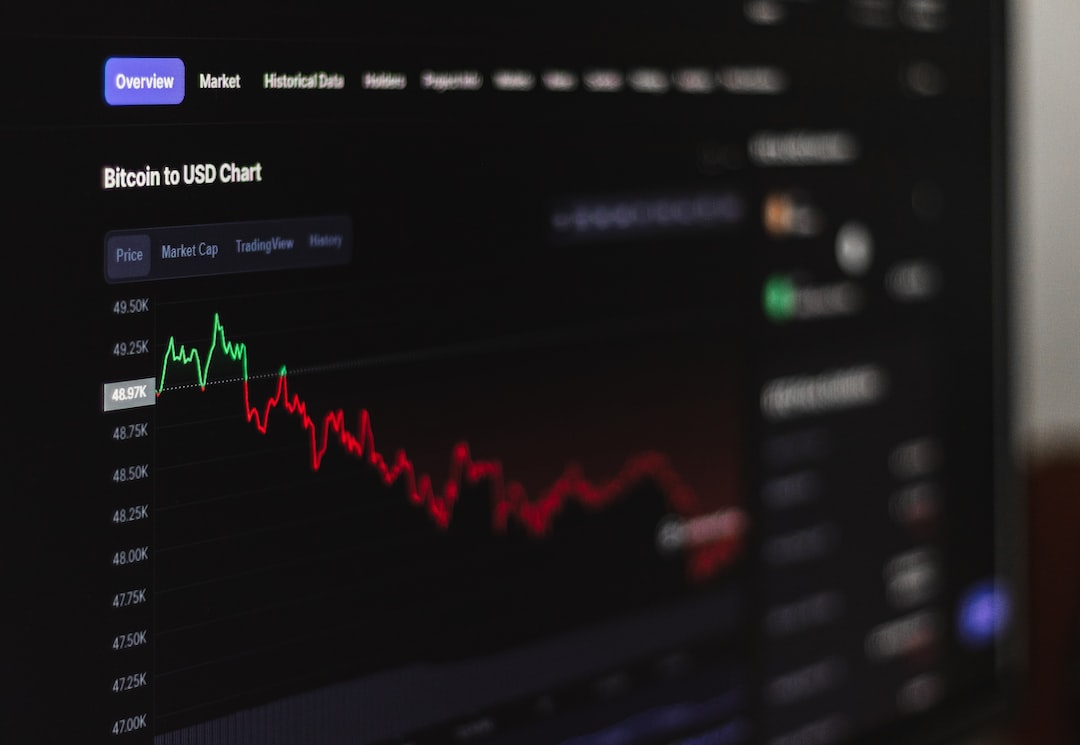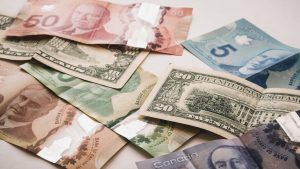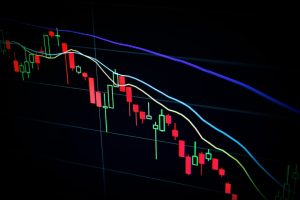Forex, also known as foreign exchange or FX, is the largest financial market in the world. It is a decentralized market where currencies are traded 24 hours a day, five days a week. The forex market is highly liquid and offers traders a wide range of trading opportunities. One of the main reasons why forex trading is so popular is the low cost of trading. However, there are still some costs associated with forex trading, including the cost of money exchange.
What is money exchange?
Money exchange or currency exchange is the process of converting one currency into another. This is done for various reasons, such as travel, international trade, and investment. Money exchange rates fluctuate constantly due to various factors such as economic and political events, interest rates, and market sentiment.
How does forex charge for money exchange?
Forex brokers charge a fee for money exchange, which is usually referred to as the spread. The spread is the difference between the bid price and the ask price of a currency pair. The bid price is the price at which a trader can sell a currency pair, while the ask price is the price at which a trader can buy a currency pair. The spread is usually expressed in pips, which is the smallest unit of measurement in forex trading.
For example, if the bid price for EUR/USD is 1.1200 and the ask price is 1.1205, the spread is 5 pips. This means that a trader who wants to buy EUR/USD would have to pay 1.1205, while a trader who wants to sell EUR/USD would receive 1.1200.
The size of the spread varies depending on the currency pair and the broker. Major currency pairs such as EUR/USD and USD/JPY usually have lower spreads compared to exotic currency pairs such as USD/MXN and USD/ZAR. The spread is also influenced by market volatility and liquidity. During periods of high volatility, the spread may widen to reflect the increased risk.
In addition to the spread, forex brokers may also charge other fees for money exchange. These fees may include commission, swap fees, and withdrawal fees.
Commission
Some forex brokers charge a commission for each trade. The commission is usually a fixed amount or a percentage of the trade size. The commission is charged on top of the spread and may vary depending on the broker and the account type.
Swap fees
Swap fees, also known as rollover fees, are charged when a trader holds a position open overnight. The swap fee is a cost of borrowing or lending the currency. The swap fee is calculated based on the interest rate differential between the two currencies in the currency pair.
Withdrawal fees
Forex brokers may also charge fees for withdrawing funds from the trading account. The withdrawal fees may vary depending on the payment method used and the broker.
Conclusion
Forex trading offers traders the opportunity to profit from the fluctuations in currency exchange rates. However, there are still costs associated with forex trading, including the cost of money exchange. Forex brokers charge a spread for money exchange, which is the difference between the bid price and the ask price of a currency pair. The size of the spread varies depending on the currency pair and the broker. In addition to the spread, forex brokers may also charge commission, swap fees, and withdrawal fees. It is important for traders to understand the costs associated with forex trading and choose a broker that offers competitive pricing and transparent fees.






